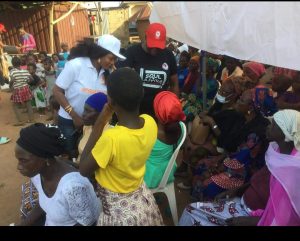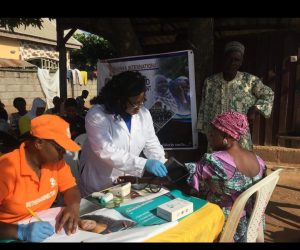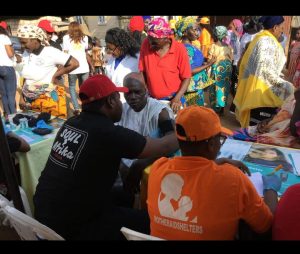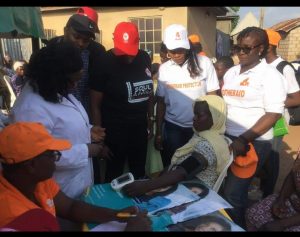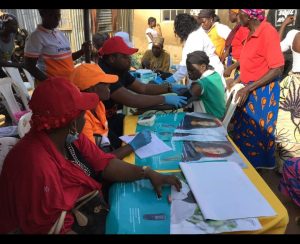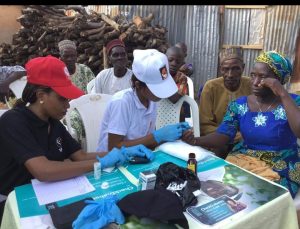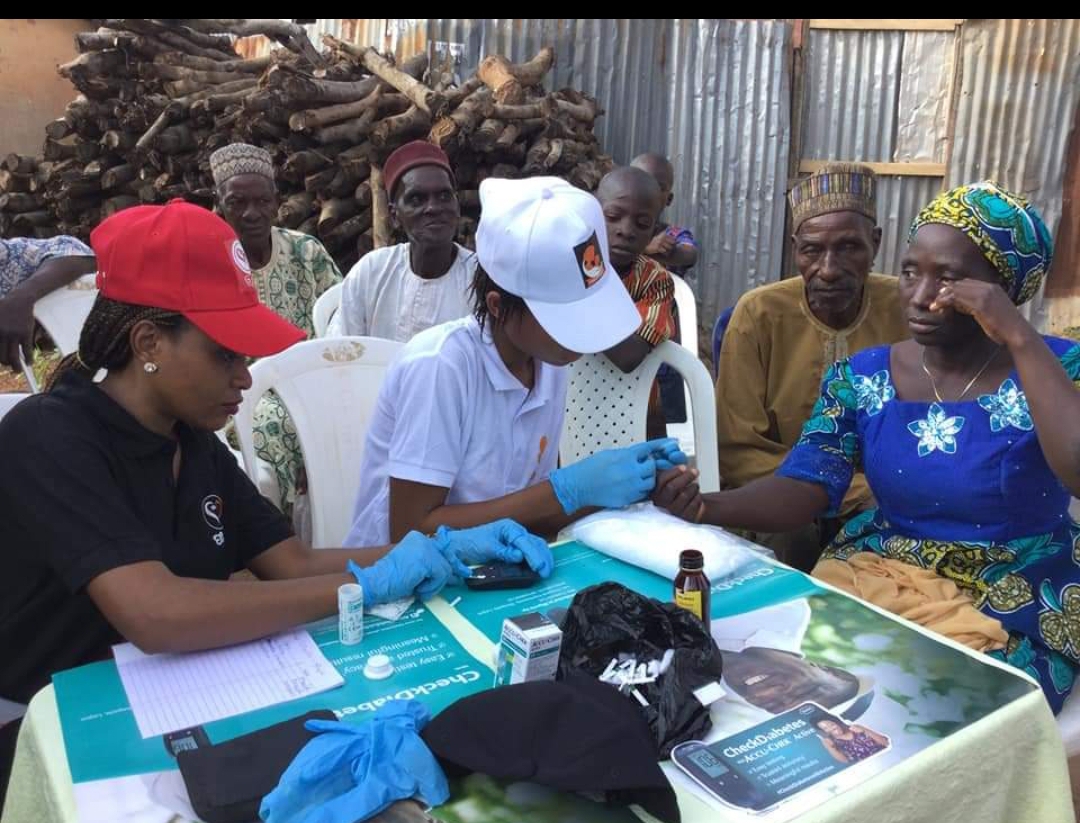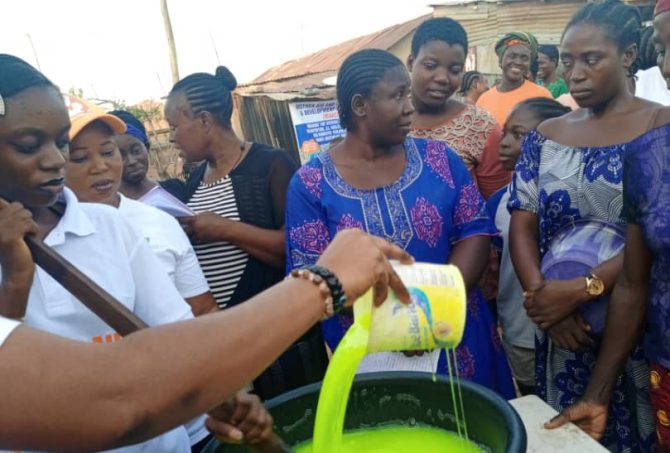MotherAid collaboratie with Soul Africa organisation to carry out a health care and hunger aliviation program for the elderly in vulnerable communities
Understanding the challenges faced by the poor
Poverty encompasses a multitude of challenges that affect the lives of those trapped in its grasp. One of the most pressing issues faced by the poor is hunger. The inability to afford nutritious food leads to malnutrition and stunted growth, especially among children. Hunger not only impacts physical health but also hampers cognitive development, making it harder for individuals to break free from the cycle of poverty. It is a vicious cycle that perpetuates itself, as lack of access to proper nutrition hinders productivity and economic growth in impoverished communities
In a world where abundance coexists with poverty, it is impossible to turn a blind eye to the struggles faced by the less fortunate. From hunger and homelessness to lack of education and healthcare, poverty casts a dark shadow over the lives of millions. But amidst these challenges, there is hope. In this thought-provoking article, we delve deep into the realities faced by the poor and explore how we can come together to provide support and bring about positive change. Through a combination of awareness, empathy, and actionable solutions, we can transform lives and create a future where no one goes to bed hungry or without hope. Join us on this journey as we shed light on the obstacles faced by the poor and discover the power we hold to make a difference. Together, we can turn hunger into hope, one act of kindness at a time.
Understanding the challenges faced by the poor
Poverty encompasses a multitude of challenges that affect the lives of those trapped in its grasp. One of the most pressing issues faced by the poor is hunger. The inability to afford nutritious food leads to malnutrition and stunted growth, especially among children. Hunger not only impacts physical health but also hampers cognitive development, making it harder for individuals to break free from the cycle of poverty. It is a vicious cycle that perpetuates itself, as lack of access to proper nutrition hinders productivity and economic growth in impoverished communities.
In addition to hunger, the poor face a lack of access to necessities. Clean water, sanitation, and housing are often luxuries that many cannot afford. Without proper shelter, individuals are exposed to harsh weather conditions and are at a higher risk of falling ill. Limited access to clean water and sanitation facilities leads to a higher prevalence of diseases and infections. These necessities, which many of us take for granted, are essential for maintaining good health and well-being.
Furthermore, the poor often have limited educational opportunities. Without access to quality education, individuals are unable to acquire the necessary skills and knowledge to escape poverty. This perpetuates a cycle where future generations are also denied the chance to break free from the constraints of poverty. Education is a powerful tool that can empower individuals to improve their lives, but when it is out of reach, the cycle of poverty persists.
Lack of healthcare and medical support
Another significant challenge faced by the poor is the lack of healthcare and medical support. Inadequate access to healthcare facilities and services leaves individuals vulnerable to preventable diseases and untreated medical conditions. The cost of medical treatments, medications, and even basic check-ups often exceeds the financial means of those living in poverty. As a result, illnesses go undiagnosed and untreated, leading to increased suffering and reduced quality of life.
The absence of a robust healthcare system also exacerbates the impact of other challenges faced by the poor. For example, malnutrition and lack of access to clean water contribute to a higher prevalence of diseases, but without proper medical support, these issues persist. The poor are caught in a cycle where their health is compromised, hindering their ability to work, earn a living, and improve their circumstances.
Enhancing healthcare services is essential in addressing the health disparities faced by the poor. This includes improving access to healthcare facilities, increasing the availability of affordable medications, and establishing preventive healthcare programs. By investing in healthcare infrastructure and providing medical support to those in need, we can reduce the burden of preventable diseases and ensure that individuals have access to the care they require. Collaboration with healthcare professionals, organizations, and governments is key to implementing sustainable healthcare solutions.
